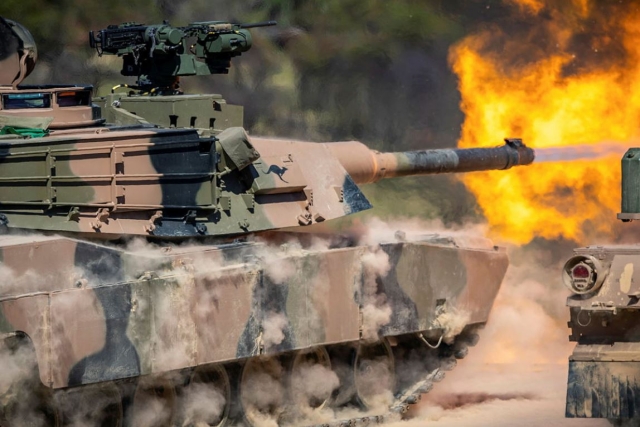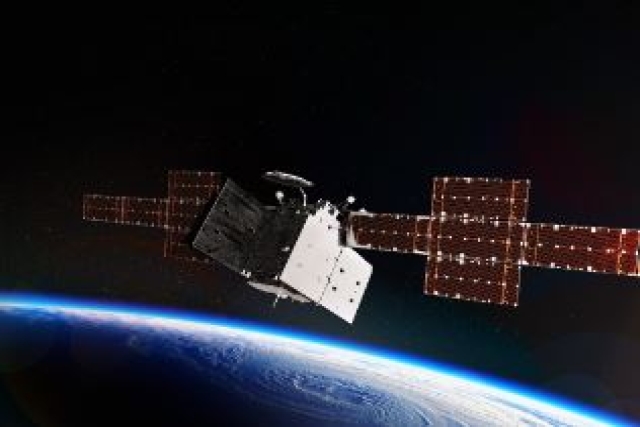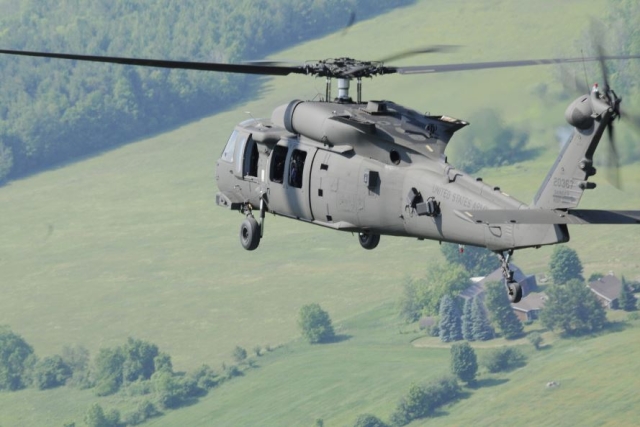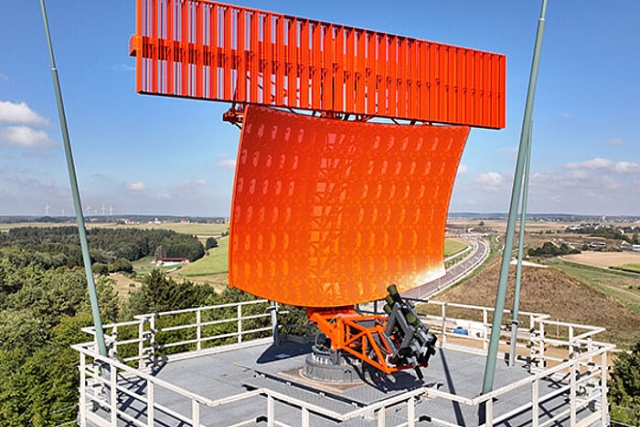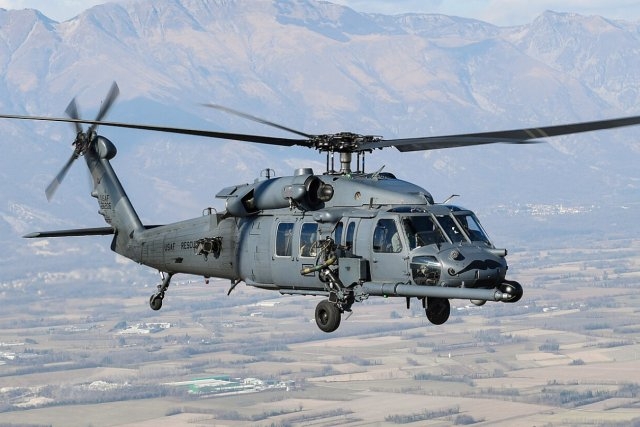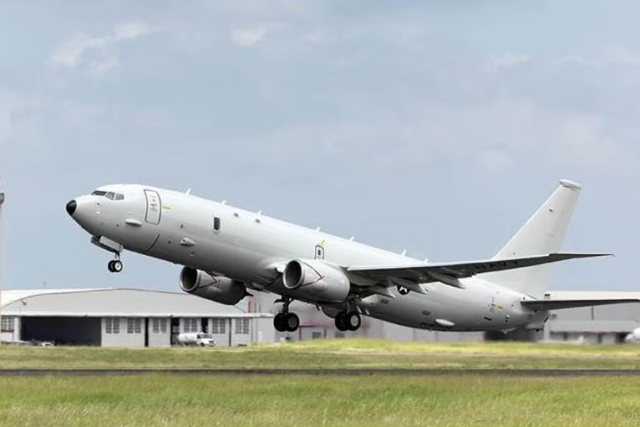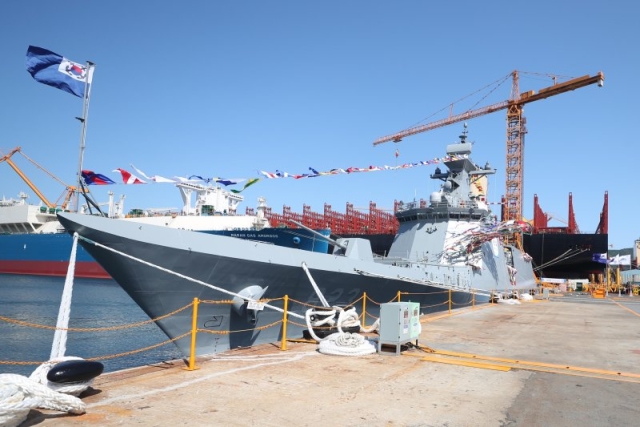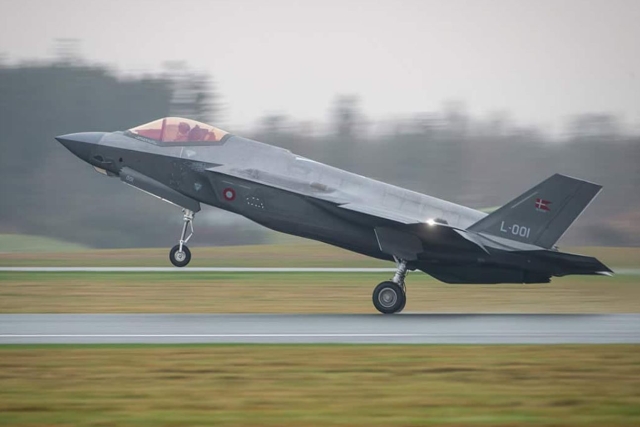German, Japanese Shipbuilders Shortlisted for Australian Frigate Contract
Japanese Mogami 30FFM and Germany's MEKO A-200 frigates have been chosen as the final two designs over South Korean and Spanish offers ahead of a final selection next year.
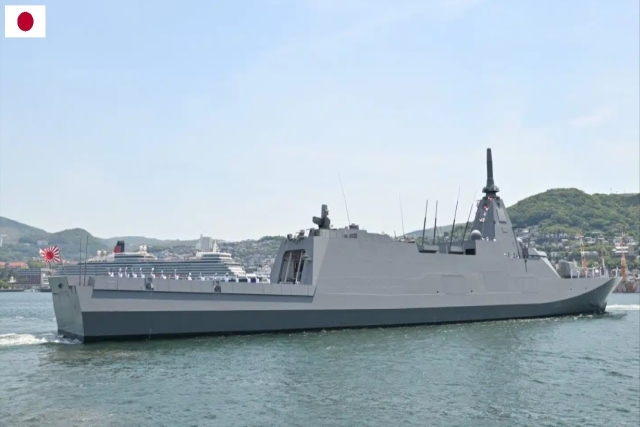
Japan's Mitsubishi Heavy Industries (MHI) and Germany's ThyssenKrupp Marine Systems (TKMS) have been shortlisted to design Australia's future General Purpose Frigates (GPF), a program valued at up to $11 billion over the next decade.
This decision narrows the field for Australia’s new fleet, with Spain's Navantia and South Korea's Hanwha Ocean and Hyundai Heavy Industries (HHI) no longer in consideration.
Multiple sources informed the ABC on Thursday evening that the cabinet's National Security Committee (NSC) selected Japan's upgraded Mogami 30FFM and Germany's MEKO A-200 as the final contenders for the project this week. A decision between these two designs is anticipated next year, with the first vessel slated for delivery in 2029.
The Australian government plans to replace the aging Anzac-class warships with this fleet of new heavily-armed light frigates, with construction expected to initially occur overseas and later transition to Western Australia’s Henderson shipyard.
Germany's MEKO A-200, a modernized version of the Anzac frigate with a modular design, is anticipated to be more affordable than Japan's proposal. While the latest Mogami design is regarded as capable, Japan has limited experience in naval exports. Chief of Navy Vice-Admiral Mark Hammond has praised Japan's shipbuilding strengths, though many in the service favor the familiar German-built vessels. Industry sources also suggest Japan proposed acquiring Naval Strike Missiles from a forthcoming factory near Defence Industry Minister Pat Conroy’s electorate if selected, though this remains unconfirmed.
Under the SEA 3000 program, Australia aims to receive the first foreign-built GPF by 2029, with an estimated budget of $7 billion to $11 billion over the decade. Discussions are underway about building up to six frigates overseas, a departure from Australia's longstanding practice of domestic construction. Official announcements on the Japanese and German designs are expected "within weeks," with senior defense officials set to inform all four nations of Australia's choice.
